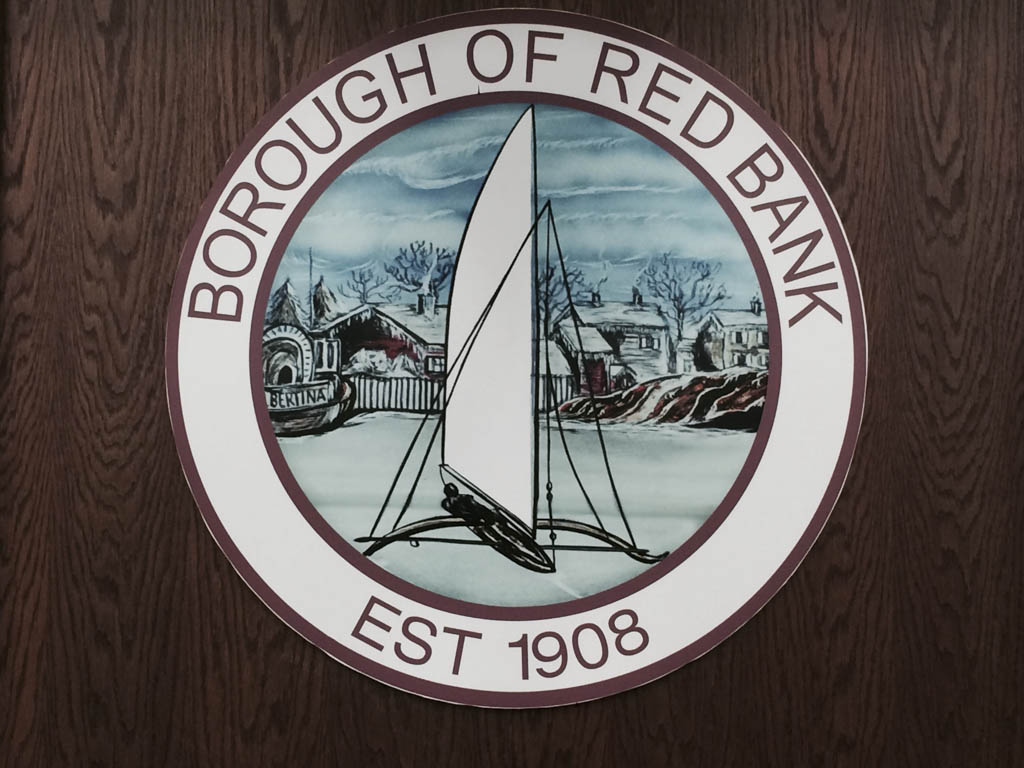RED BANK – Without comment, members of the Red Bank Borough Council have passed a resolution that calls for a study commission to review New Jersey’s Open Public Records Act (OPRA).
An OPRA is a formal request for public information that can be filed with any public entity. After a request has been filed, the public entity that is being asked to provide the information has seven days to provide the information or to inform the requester why the information will not be provided. The law was enacted in 2002.
On Nov. 13, council members Kathy Horgan, Michael Ballard, Hazim Yassin, Ed Zipprich, Kate Triggiano and council President Erik Yngstrom passed a resolution which asks for a formal review of OPRA.
According to the resolution, the council supports open, transparent government. The governing body understands citizens and residents have the right to be informed about the workings of government.
The resolution goes on to state that “OPRA has been a positive light, but it has also been fraught with abuse and misuse, and has become an unanticipated financial cost to taxpayers.”
In the resolution, officials said, “Red Bank has labored under a well-intended law that has spiraled out of control, due to the volume and nature of requests, the cost to taxpayers in responding to the requests, the potential liability in having to pay disproportionate prevailing party attorney’s fees should the requests turn into litigated matters, as well as the liability in determining which documents shall be released, with or without redaction, while attempting to maintain individual privacy.
“It is not only the volume of OPRA requests that challenge our resources, but it is also the cost associated with reviewing, retrieving, and processing the OPRA request(s) by public entity personnel and counsel, and possibly defending our action(s) before the Government Records Council or in Superior Court,” the resolution states.
According to the resolution, Red Bank received and responded to 185 OPRA requests in 2017; to 325 OPRA requests in 2018; and to 296 OPRA requests as of Sept. 1 for 2019. Municipal staff members spent more than 100 hours responding to OPRA requests in 2019.
The borough sometimes must rely on the municipal attorney to review certain OPRA requests, which results in additional fees, the resolution states.
The borough will appeal to the state Legislature to form a commission of mayors, municipal clerks, municipal managers, attorneys, police chiefs, open government advocates, privacy experts, as well as others, to review and examine the effects of OPRA on local government, the needs to be fulfilled by the law, and use the commission’s findings to perform a comprehensive reform of OPRA, according to the resolution.

